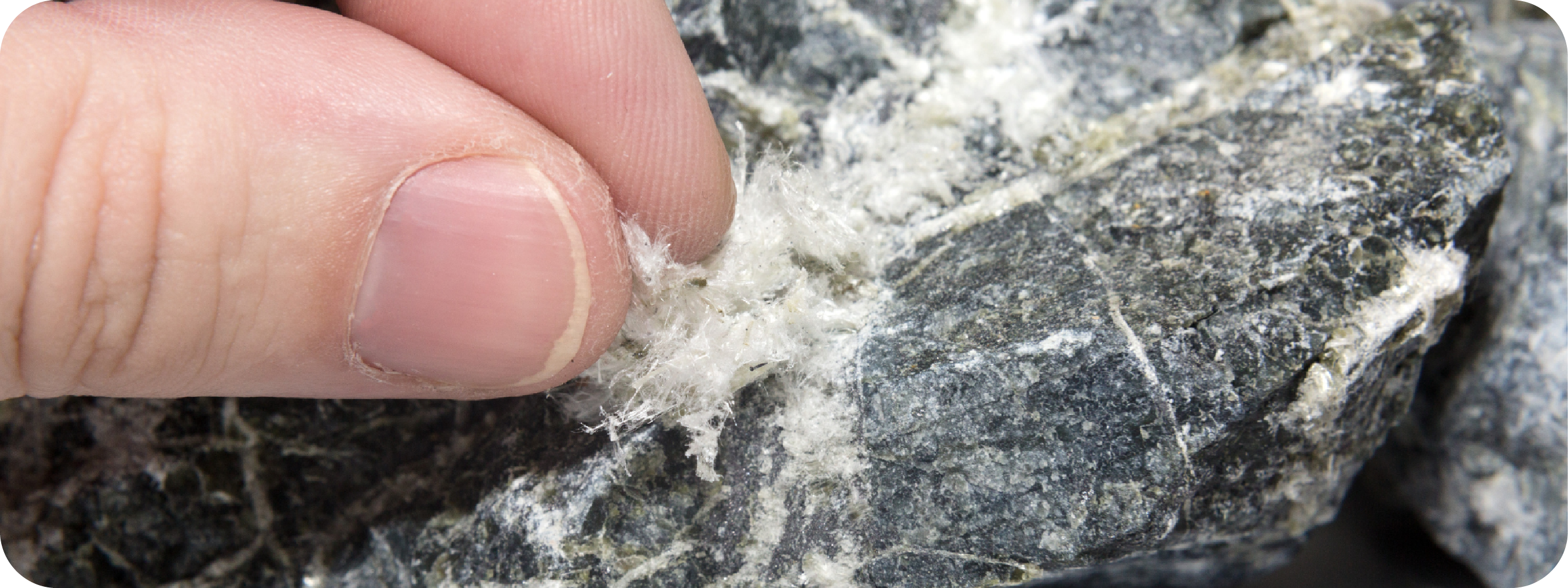![Asbestos Declaration: The Complete Guide [With Template]](https://icecargo.com.au/wp-content/uploads/2022/10/Asbestos-declaration.jpg)
![Asbestos Declaration: The Complete Guide [With Template]](https://icecargo.com.au/wp-content/uploads/2022/10/Asbestos-declaration.jpg)
An Asbestos Declaration is a vital document in shipping that helps customs authorities and the Australian Border Force determine if the goods you are importing or exporting are free of asbestos.
From 31 December 2003, the use of asbestos in Australia became illegal. Importing asbestos, or products containing asbestos, into the country is also prohibited; unless permission has been granted or certain exceptions in the Customs (Prohibited Imports) Regulations 1956 apply. Exporting asbestos or specific products containing asbestos is also banned (unless similar exceptions apply).
Asbestos is a deadly compound found in a range of goods, and there are six types of asbestos that have been comprehensively prohibited throughout the country. Some goods that may contain asbestos include cement pipes, crayons, fire blankets, gloves and heating equipment.

The purpose of the Asbestos Declaration is to protect an importing nation from goods that may contain asbestos.
If asbestos is detected in any goods you import, they will be seized and declared a ‘prohibited import’. The goods will be forfeited (meaning you lose ownership of them) and you may be subject to fines and/or prosecution for violating the Customs Act.
You can, however, import or export asbestos in some limited circumstances. These include if the goods are raw materials that contain naturally occurring traces of asbestos. A more comprehensive list of exceptions can be found on the Australian Border Force’s website.
An Asbestos Declaration must be issued by the importer, and include the importer’s company name and address.
The document will typically contain: